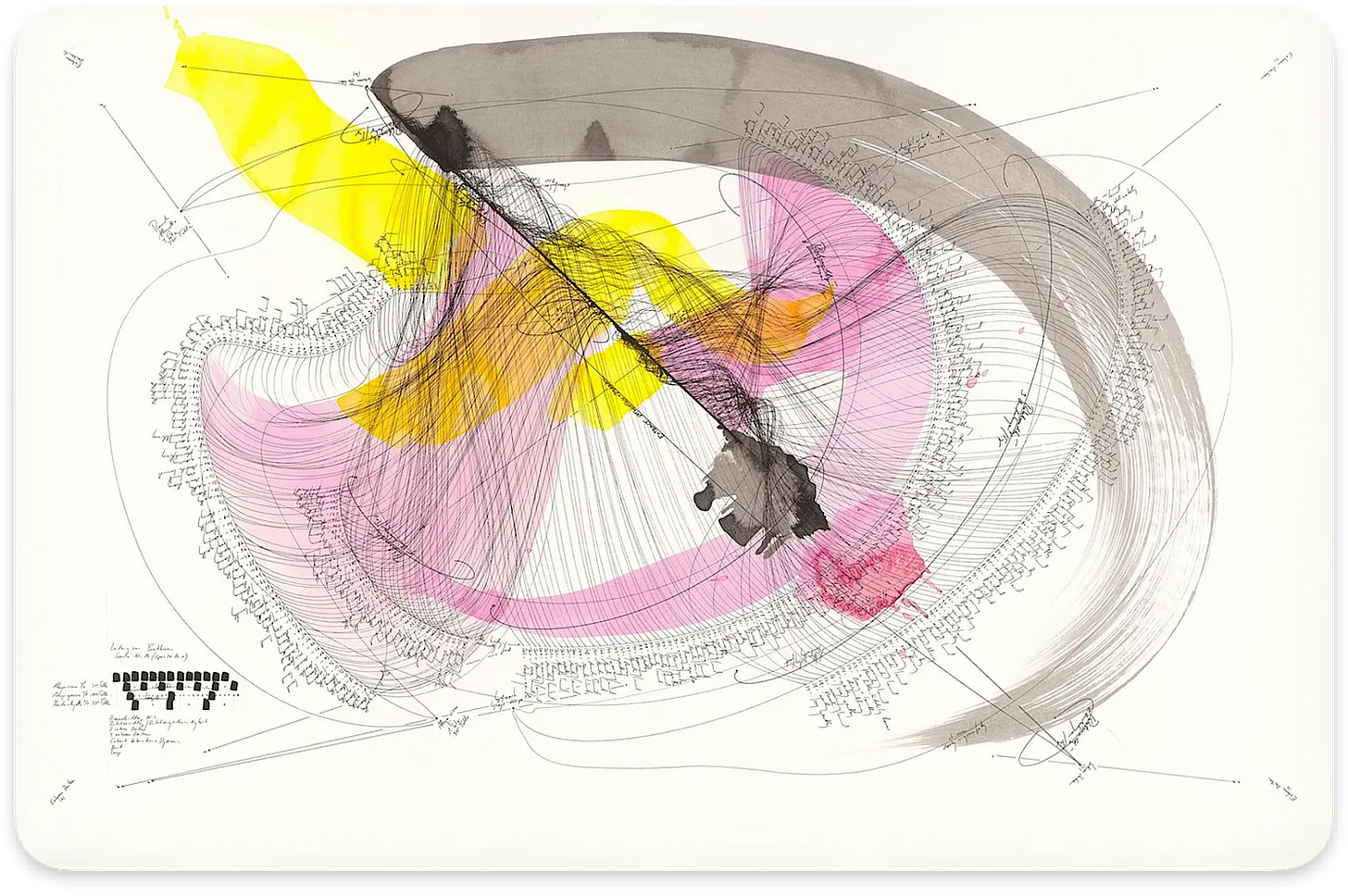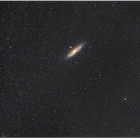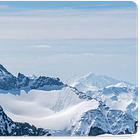Seven things I know. Over the next three days or so, I will be recollecting on lessons learned by experience or reflection in 2024. I want to engage with the hardest personal subjects I manage to. Please bear with me as the process is turning out to be harder than I thought. These are field notes from the frontlines of unlearning. Maybe they'll spark your own uncomfortable conversations!
Day 5 — Haunting questions
What was I most wrong about last year? The question haunted me for a few days.
I like being wrong. There’s new information in a falsified belief. Although, it’s not easy to recount how we were wrong and why. We navigate life equipped with many beliefs that we never get to stress or exercise. Even when we do, we like to forget the feeling fast.
The worst you could be is not even wrong. Living so unconsciously, that you never get to assess the principles that drive you. The risk is making the same mistakes over and over, without even realising the pattern.
Back around the time of the last equinox, I gathered some friends for lunch by the seaside. While we were dining, I asked “What are you most looking forward in the next quarter?”. When my turn came, my answer was simple: I can’t wait to furnish my new place in Barcelona. I thought having the blank canvas of an unfurnished place heightened the excitement of a new chapter. Boy was I wrong.
First a digression. I enjoy enormously questioning guests at the dinner table. I long Asimov’s Black Widowers atmosphere, where after dinner the guest of the night is challenged with a «How do you justify your existence?». Inevitably, they bring up an unresolved story of their life, whose mystery will be answered by the club’s waiter Henry.
While my friends have learnt to tollerate and enjoy the habit, my cousins hate me for it. It makes them feel grilled. They push back, tease me, argue I’m not smooth enough and ignore all questions. Truth is I can’t stand more than a few minutes of small-talk. I feel I’m wasting valuable time by not getting to know the other in an original way. Broad open questions are gift, an invitation to escape from the usual conversation routes. New routes take courage and not everyone can take them.
I understand there’s a power-frame shift implied in direct questioning. It can make the less socially confident stumble. It can sound performative. The same person that would thrive answering the question one-on-one would find it hard in a group setting. Nevertheless, I love it. As a majorly irreflexive society, we need more questioning. Cargo ships more of it.
Back to Barcelona. I thought the white walls of an empty room were like a question. Inviting and staring at me with possibility. All nice and true, but then the actual time for furnishing them came. I had underestimated the pressure surrounding it. Every decision was overwhelmed by analysis paralysis. I looked for advice. “Start with the vibe you want to convey”. I felt dismay. What vibe. How would I know.
I realised I looked forward to the feeling of a well-furnished apartment, not to the actual furnishing process. It wasn’t fun. It was stressful. I had to be pushed by a friend into every buying decision. Consumption does not make me happy. I prioritised building an office. I built a wide desk with pallets. I got one of those floating-arm architect’s lamps and a documents tray. A lot of steel. The vibe turned out to be “industrial, mad architect”. It felt like a workspace, not a home. It was efficient, functional rather than expressive.
This is when I realised how much more of avoidant rather than anxious I was in my attachment style. Showing up with personality, self-expression and colour felt very costly. Especially the latter, as a colourblind person is a nightmare. But by analogy I felt personality-blind, unable to distinguish how I felt around things. Knowing myself is an empiric chase and most of the time I feel like I’m doing highly inaccurate guess work. This is why every failed experiment is so important.
What I am try to gauge here is my personality’s organisation and maybe glimpse at its structure. There’s an important difference between structure and organisation. Structure is inextricable form-and-function. How the subject shaped itself to perform its core function: avoiding pain first and pursuing pleasure later. Organisation is how the parts interact and make up the whole, how the competing goals of different subsystems are negotiated: feeling healthy, happy, financially independent, etc.
On a whim during New Years Eve’s night, I bought a bushy, fully-flowered lavender plant I saw on the streets. It felt good. It immediately reaped dividends later that evening, as some expert guest wondered with admiration how could I grow such a lush plant indoors. I chuckled. The plant had lived less than an hour under my supervision.
Forty-eight hours later, I am happy to report that it is still alive and it hasn’t raised any complaint.











These are all stunning pieces, I'm loving this series!